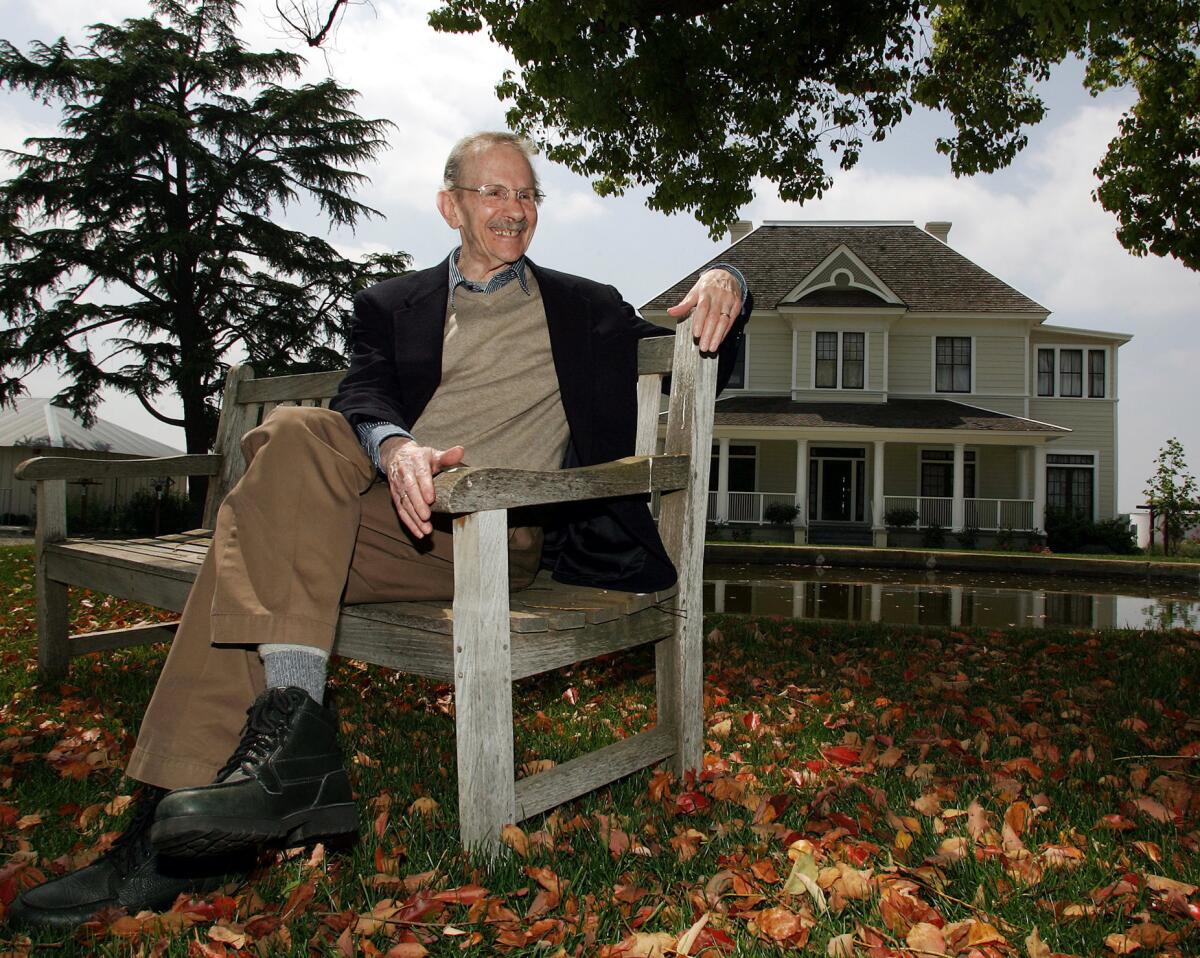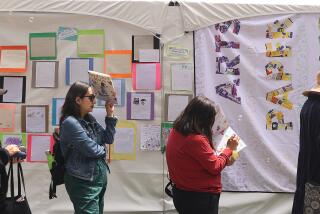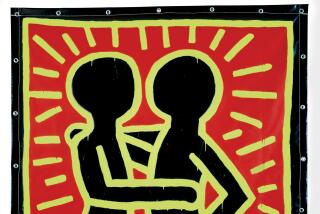Remembering Philip Levine

Philip Levine, the former U.S. poet laureate who died of pancreatic cancer on Saturday at the age of 87, was not a poet to everyone’s taste. Born and raised in Detroit, he was called, by Edward Hirsch, “a large, ironic Whitman of the industrial heartland,” but also criticized for producing prose with line breaks, a reference to the apparent simplicity of his writing, which was clear and forceful, and generally returned to a handful of themes.
These themes were autobiographical and they were also social, often involving the experience of the factory and the assembly line. “Men lived within these foundries, hour by hour; / Nothing they forged outlived the rusted gears / Which might have served to grind their eulogy,” he closed his poem “An Abandoned Factory, Detroit.”
And then, there’s this, from the title poem of his 1991 National Book Award-winning collection “What Work Is”:
We stand in the rain in a long line
waiting at Ford Highland Park. For work.
You know what work is — if you’re
old enough to read this you know what
work is, although you may not do it.
Forget you. This is about waiting,
shifting from one foot to another.
What a sequence of lines, specific yet also nuanced, mixing recollection and direct address, expressing the experience of the poet and the reader alike.
This was the power of Levine’s poetry, his ability to say the things that needed to be said, that other poets were not saying, in language that was as focused and unvarnished as the world that it portrayed. Levine knew this territory from the inside; he began working blue-collar jobs as a teenager, and although he eventually escaped to become a professor at Cal State Fresno in 1958, helping build the creative writing program there, he never lost sight of his roots.
Over the years, this vision earned him not one but two National Book Awards, as well as a Pulitzer Prize for his 1994 collection “The Simple Truth.” It also allowed him to serve as mentor for a number of American poets, including Larry Levis and Gary Soto, who like Levine, wrote about working people.
In a sense, this was a way of paying it forward, since he himself had been mentored by John Berryman at the University of Iowa, where he attended classes without registering after having lost a fellowship. If there’s a moral to that story, it may have to do with necessity, with the importance of making things work in whatever way you can.
This, too, was one of Levine’s themes, the push and pull between what life requires of us and what we require of life, between physical and creative, or emotional, sustenance.
“Nothing epic,” he told the Paris Review in 1988. “Just the small heroics of getting through the day ... getting through the world with as much dignity as you can pull together from the tiny resources left to you.”
It reminds me of the opening to his poem “Picture Postcard from the Other World,” in which Levine relies on direct address again to forge a connection between writer and reader, based on something that is both more and less than hope, a reaching out in the face of futility:
Since I don’t know who will be reading
this or even if it will be read, I must
invent someone on the other end
of eternity, a distant cousin laboring
under the same faint stars I labored
all those unnumbered years ago. I make you
like me in everything I can — a man
or woman in middle years who having
lost whatever faiths he held goes on
with only the faith that even more
will be lost.
Such a vision is what makes Levine’s work so universal, and so resonant, with its sense of one voice speaking to another, out of the darkness, poetry as resilience, as conversation, in a world that doesn’t leave us much room for either one.
Twitter: @davidulin
More to Read
Sign up for our Book Club newsletter
Get the latest news, events and more from the Los Angeles Times Book Club, and help us get L.A. reading and talking.
You may occasionally receive promotional content from the Los Angeles Times.







